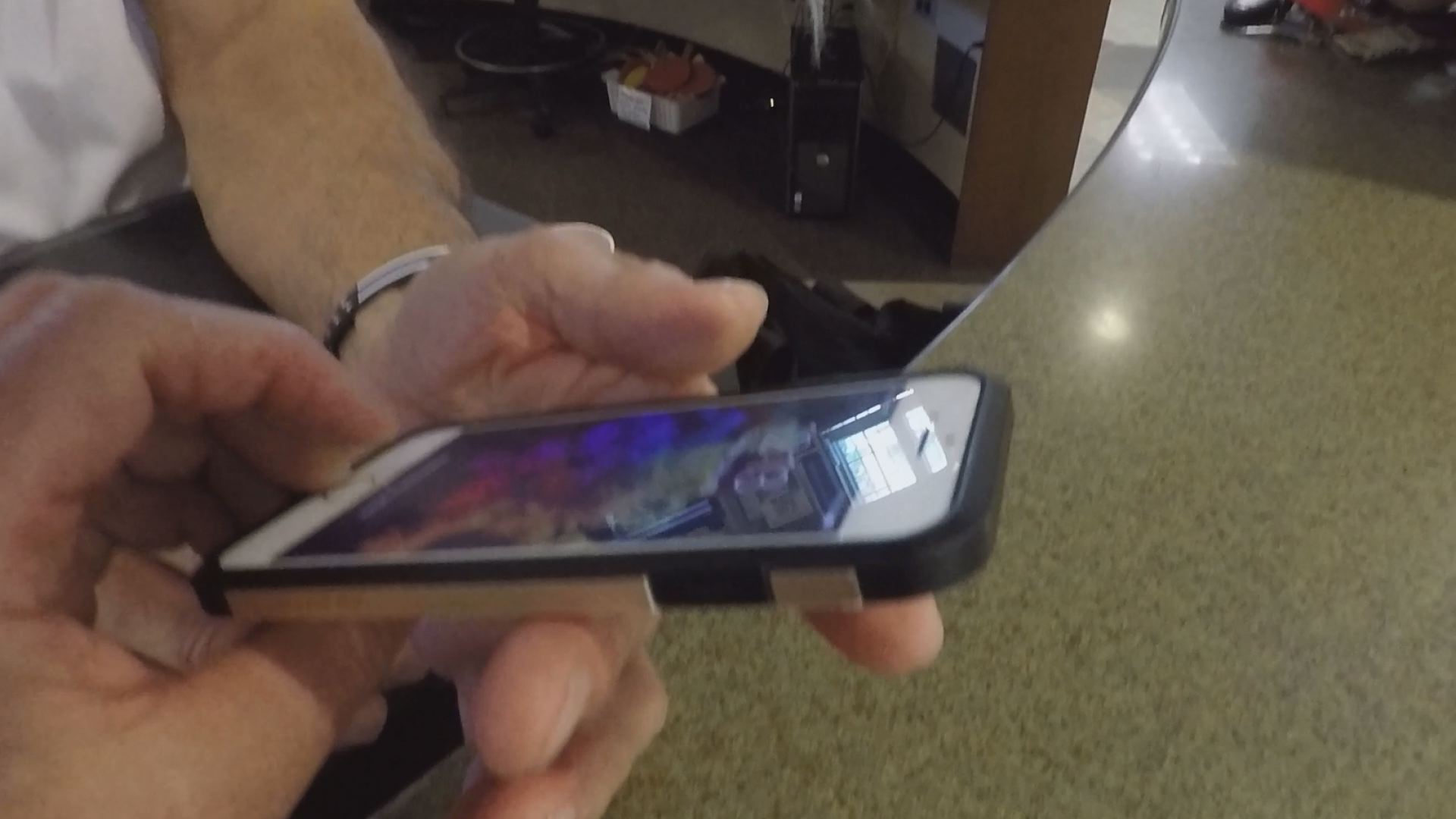- Home
- The Latest
- Beware Romance Scams from Achy ...

Lady GaGa isn’t the only one familiar with “Bad Romance”. The FBI is warning people that romance scams are on the rise and that cybercriminals often get more active around Valentine’s Day.
In 2020, during the coronavirus lockdowns, romance scams took a reported $281 million from victims who met someone on a dating website or app or on social media. That amount is expected to reach $800 million in 2022.
Romance scams are on the rise because they work. According to the AARP, romance scams are the 2nd most successful online scams. Call it looking for love in all the wrong places.
Here are a couple of romance scams that seem to separate the love-lorn from their money most often:
The victim meets someone online in a dating app or website or on social media. The criminal might pose as a Facebook friend of a friend. Since the victim sees they’re friends with many of their friends, they might believe the criminal is who they say they are. They strike up a conversation on any messaging app and take a quick interest in making a love connection. They can pose as someone with a lot of money and promise to meet in person at some time in the future. But, they ask for money in gift cards, asking the victim to purchase a gift card and give them the number. Gift cards cannot be traced. Once the money is received, the potential love interest disappears.
Another scam that seems to target young people is a similar connection, but they ask for compromising photos. They might even exchange photos but the photos they send are not actually them but photos they find online. Once the victim sends the photo, the fake love interest threatens to share the photos with all of your friends on social media. For fear of embarrassment, the victim sends gift cards.
How do Bad Romance Scams work?
The FBI released these warning signs to identify romance scams.
- Immediate attempts to communicate by email or a message service outside of the dating site
- Claims to be from the U.S. but is currently traveling abroad
- Claims that being introduced was “destiny” or “fate”
- Reports a sudden crisis and pressures you to send money in the form of gift cards
- Disappears suddenly from the site
- Asks for money or gifts without meeting in person
To protect yourself and identify any fake personas, do a reverse image search on their profile photo by going to www.tineye.com and copying and pasting the link to the photo. The image search will reveal any and all places online where the photo has been posted.
Search their name on the website www.familytreenow.com
While I hesitate to share the site, it is a good resource for anyone meeting someone for the first time. The site is a one-stop source for all public information about that person. You can see location, addresses, phone numbers, email addresses and family members.
I spoke to a police officer who privately told me many times these scams are committed by inmates using phones smuggled into jails and prisons.
Never share personal information such as social security numbers, bank and credit card information or home addresses.
Since these scams are targeting people of all ages, it’s important to spread the word among your friends and family members.
If you suspect you or someone you know is a victim of a romance scam, you’re urged to report it to the FBI at www.ic3.gov

